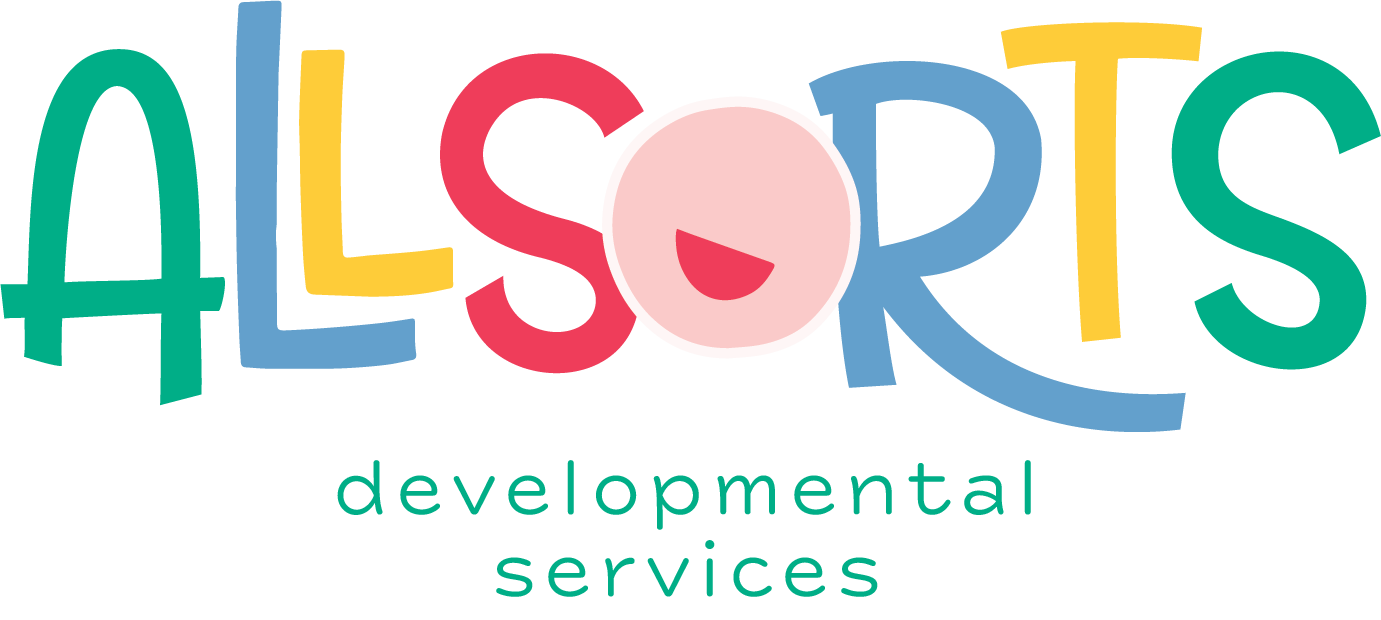Why Occupational Therapy?
In occupational therapy, 'occupations' refer to the everyday activities that people do as individuals/ families/ communities to occupy time and bring meaning and purpose to life. Occupations include things people need to, want to or are expected to do. (WFOT – World Federation of Occupational Therapists). For children, occupations can include self care tasks such as dressing and toileting; leisure tasks such as play; learning tasks such as school curriculum; participation in daily routines; and the ability to regulate sensory input and emotions across the day.
Occupational Therapists encourage independence across daily living activities.
-
General development- support task independence, through consideration of the environment, task adaptation and developmental skill level.
Self care skills- task adaptation and skill development specific for tasks such as mealtimes, dressing, toileting.
Fine motor skills- support coordination of hands and fingers to complete tasks such as eating/ cutlery use, drawing, cutting.
Muscle strength and coordination- focus on upper limb and hands.
Gross motor skills- consideration of whole body movement and functional impact on daily activity.
Handwriting development- focus on letter formation through consideration of motor planning, sequencing, visual perception needs.
Visual perceptual skills- making sense of what is visually identified and cognitively processed and how it relates to participation in tasks such as reading, drawing/writing, puzzles, maths.
Regulation skills- ability to engage in tasks with the appropriate level of arousal and relates closely to attention, sensory and emotional regulation.
Sensory processing differences- as relates to emotions, behaviour, movement, arousal, anxiety and ability to engage in functional tasks from start to finish.
Executive functioning- such as task initiation, flexibility, planning, organisation, time management.
Play and Social skills- as related to play development, regulation, sensory processing and executive functioning.

Do you know….
Occupational Therapists can also prescribe assistive equipment and technologies?,
We work alongside our physiotherapists and speech therapists, to assess and prescribe a wide range of assistive equipment and technologies to support our client’s access to their environment for engagement and participation in meaningful tasks. Our team of occupational therapists value multidisciplinary practice in supporting your child to meet their full potential.

